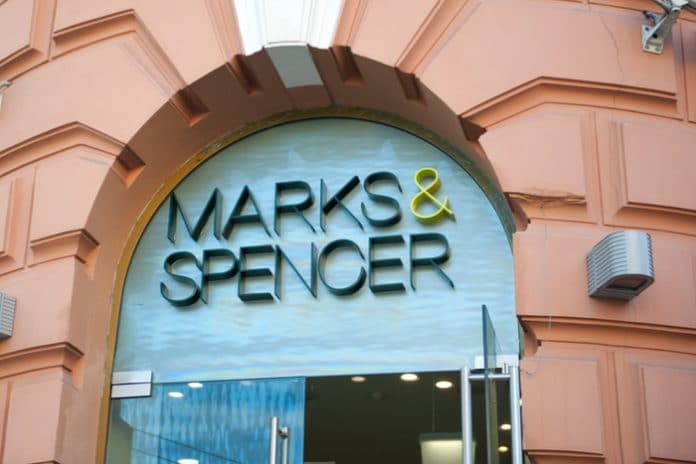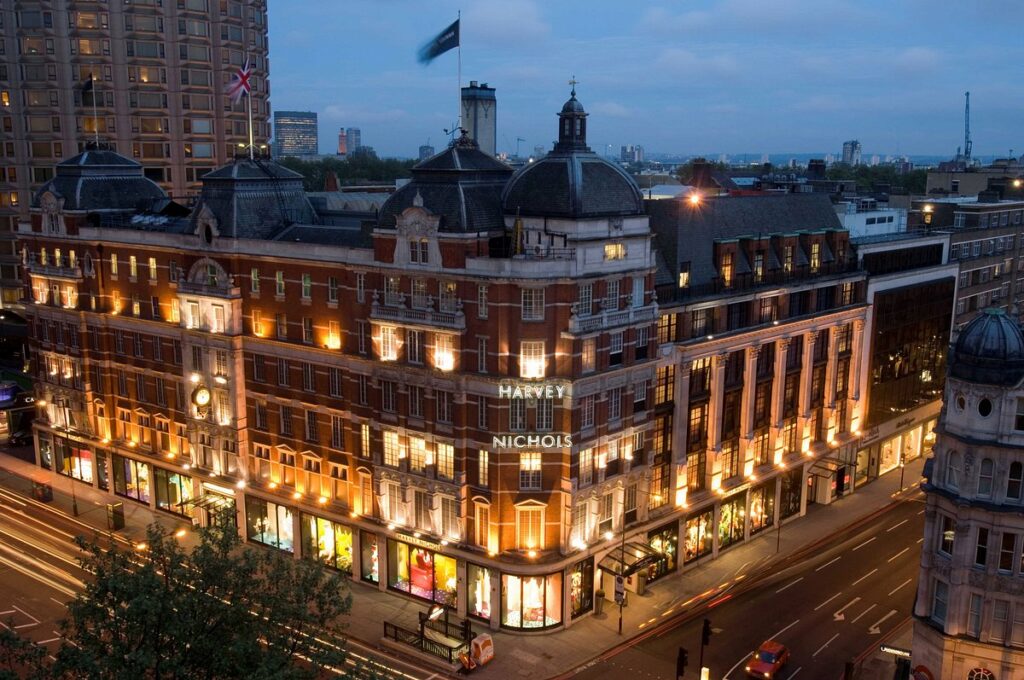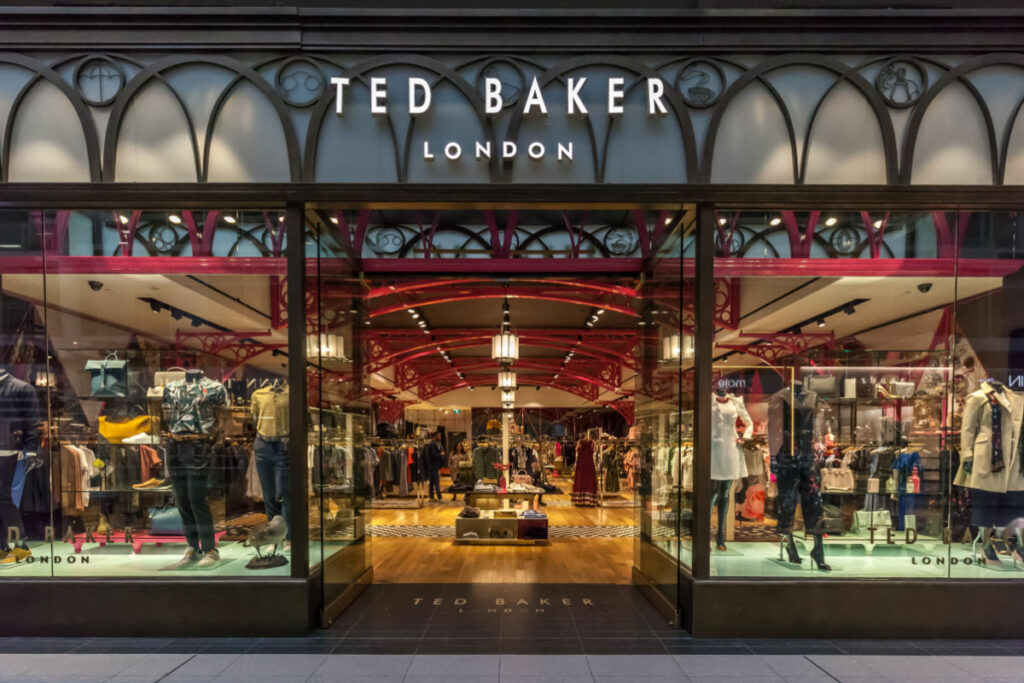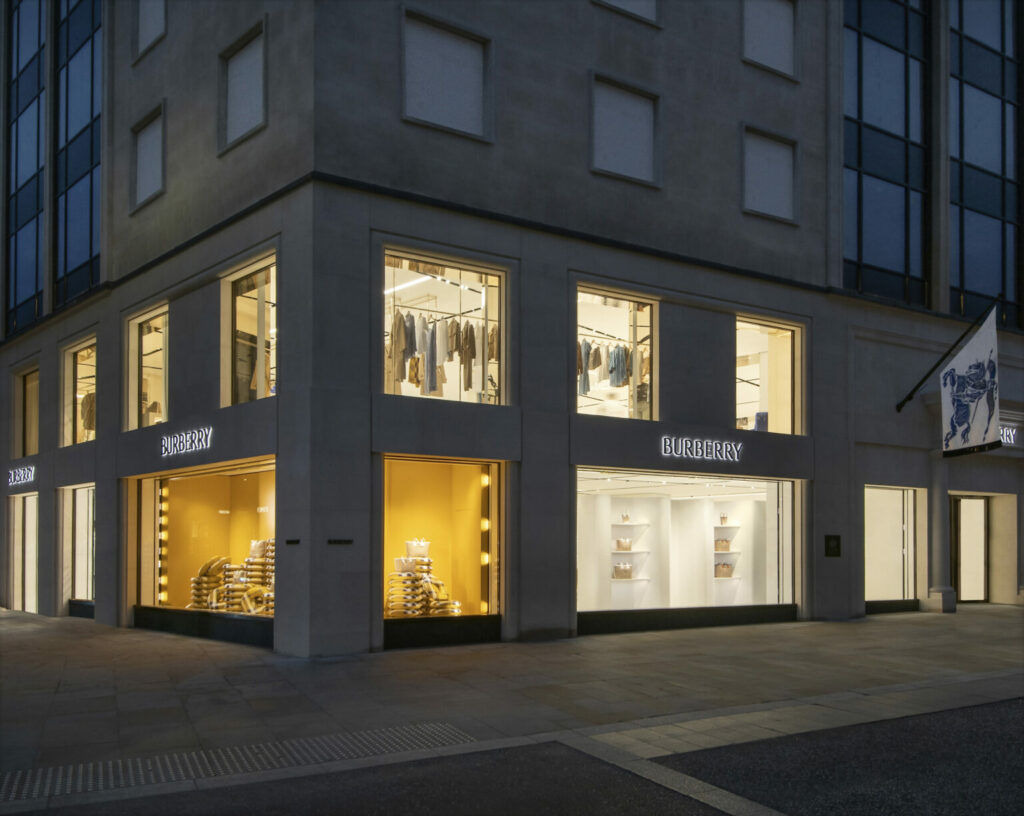Earlier this month, the UK retail industry trembled when it was revealed Marks & Spencer was to be booted out of the FTSE 100 for the first time since the index was introduced 35 years ago.
The FTSE 100 is a highly coveted list of the 100 firms on the London Stock Exchange with the highest market capitalisation, providing a gauge of prosperity for businesses regulated by UK company law.
Nicknamed the “Footsie”, it’s reshuffled four times a year, allowing a handful of companies to enter, while a number of stragglers slip out into the lower FTSE 250 tier.

M&S was a founding member of the FTSE 100, but things took a sudden turn for the high street stalwart on September 4 after the latest quarterly reshuffle.
Last week, the bellwether retailer had a market value of £3.7 billion – less than half of what it was worth back in November 2015. By comparison, fashion retailer Next was worth £7.9 billion.
In the previous quarterly reshuffle in June, M&S had narrowly avoided relegation after consistently posting lacklustre trading updates amid a five-year turnaround scheme. At the same time, JD Sports made its debut on FTSE 100 after rising profits resulted in a surge in share price.
Although it avoided relegation in June, M&S’s stock fell further, losing two-thirds of its value since 2015. The following months saw clothing & home managing director Jill McDonald resign and more M&S stores earmarked for closure, subsequently increasing the retailer’s chances of being booted out of the index in the September reshuffle.

“M&S dropping out of the FTSE 100 is another sign that the high street is in huge flux,” Annabel Mackie, managing partner at customer agency Lida, told Retail Gazette.
She added that M&S has been slow to respond to the change in consumer attitudes, and “retailers must be quick to adapt in order to survive (let alone thrive)”.
Mackie emphasised that retailers should understand what their customers want, and compared M&S to Primark’s offering.
“The growth of the ‘experience economy’ has seen some retailers modifying their offering, with brands offering in-store experiences – such as Primark’s ‘Central Perk’ coffee shop – to drive footfall and increase dwell time,” she said.

“Primark has been quick to realise that its customers want more than fast fashion from them, with other store experiences including Harry Potter and Disney.
“This understanding of its customers has enabled Primark to open eight new stores this year, bucking the high street trend for store closures.”
Consumer expert Martin Newman said M&S’s demotion from the FTSE 100 was “not good for the retail sector”.
“While most of the issues are brand specific, it won’t do anything to instil confidence in shareholders of other retail businesses,” he told Retail Gazette.
“It is no secret that M&S has had a challenging time for a number of years in terms of defining the business that it needs to be to maintain its relevance to core customers while ensuring it doesn’t grow old with an ageing customer base.
“M&S’ drop out of the FTSE 100 reflects the changing times of the UK high street”
“Like all of retail, they have suffered from a drop in footfall and overall spend as consumer confidence continues to wain in the never-ending Brexit saga.”
Julie Palmer, partner at corporate restructuring firm Begbies Traynor, said top dog retailers are no longer in the position they used to be as they continue to be affected by consumers’ changing attitudes.
“[M&S’s] demotion is evidence of the changing face of the retail landscape, with major established retailers no longer holding the monopoly over the market that they once did,” she told Retail Gazette.
“As new channels and modes of commerce continue to be introduced, consumers have greater options when making purchases and are basing decisions on affordability, with the rapid rise of discount stores demonstrating this shift.”
Infosys Consulting associate partner Manu Tyagi agreed: “M&S’s drop out of the FTSE 100 reflects the changing times of the UK high street, as the iconic British high street brand struggles to adapt, respond to, and capture a bigger share of spending among digitally empowered consumers.
“M&S has been trying to reinvent itself for more than a decade.
“With more than 100 of its stores now closed, and large-scale organisational changes underway, it’s clear that M&S is finding it hard to win.”
Tyagi added that despite M&S’s Sparks loyalty programme, the retailer failed to respond to evolving consumer behaviours, didn’t achieve success in retaining its loyal customer base, or revitalise its clothing range on quality or style.
However, Tyagi highlighted M&S’s strong effort to change its business style, especially through the new joint venture with online grocer Ocado – although these efforts have been hampered by Brexit uncertainty.
“The opening of new stores in Scotland, and efforts to revamp its online presence all seem to be steps in right direction,” he told Retail Gazette.
“However, looming uncertainty from Brexit and continuing outgoing overheads will keep it under pressure.
“M&S is also working to enable more delivery options and enable a seamless experience for its consumers, across the physical and digital worlds, and retain its most loyal customers.
“It will be interesting to see how it performs on that journey in the next few months and years, while striving to regain its lost glory.”
Nevertheless, it can be argued that M&S’s drop out of the FTSE 100 reflects the structural shift that’s occurring in both the fashion and department store sectors.
Bryan Robert, global insight director at marketing consultancy TCC Global, argued that “fast fashion has changed the game, with online competition also doing a much better job at serving the needs of younger shoppers”.
“M&S hasn’t been able to reach these consumers in about 20 years,” he said.
“[It] has had some well documented problems and hasn’t reacted quickly or strongly enough to tackle them.”

Robert added: “The main issue is that M&S can’t quite decide on its core audience —meaning it’s failing to attract anyone.
“Younger shoppers are being better served by the likes of Asos, while the over-60s are turning away because of issues of quality and value.
“In the past, older shoppers were attracted to the quality provided by M&S’s British suppliers, but cost cutting measures have changed this.
“There was a lack of strategy to its online retail business, reflected in its lukewarm performance.
“They just haven’t been able to compete with online retailers who can offer far better value and customer experience.”
Despite this, M&S chief executive Steve Rowe has said that becoming a digital-first retailer and delivering a seamless customer experience was at the heart of the M&S strategy.
Mackie told Retail Gazette that “it’s not all doom and gloom for M&S”.
“It’s making the right noises for turbo-charging the pace of digital change,” she said.
“Unlocking the partnership with Ocado will help speed up the M&S digital offering, and the data this offers will further enable the retailer to have more meaningful relationships with its customers.”

As peers such as Tesco, Next and Sainsbury’s hold tight onto their FTSE 100 positions, M&S’s exit is a stark reminder of the evolving retail industry.
However, M&S has advantage of using its the heritage, prestige and resources to be able to work on its digital performance and further improve its business structure.
This in turn could help it wiggle its way back onto FTSE 100.
Click here to sign up to Retail Gazette‘s free daily email newsletter

















